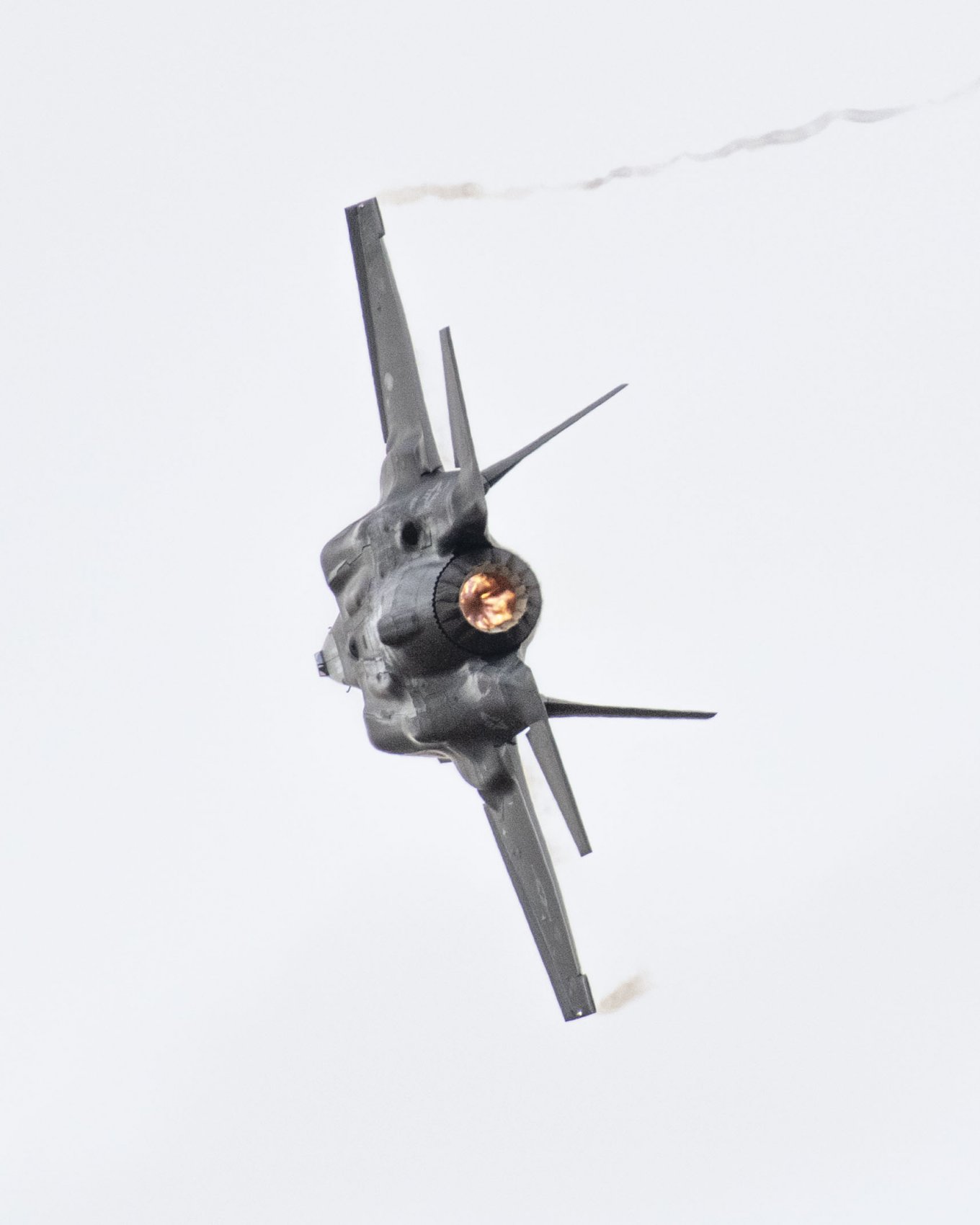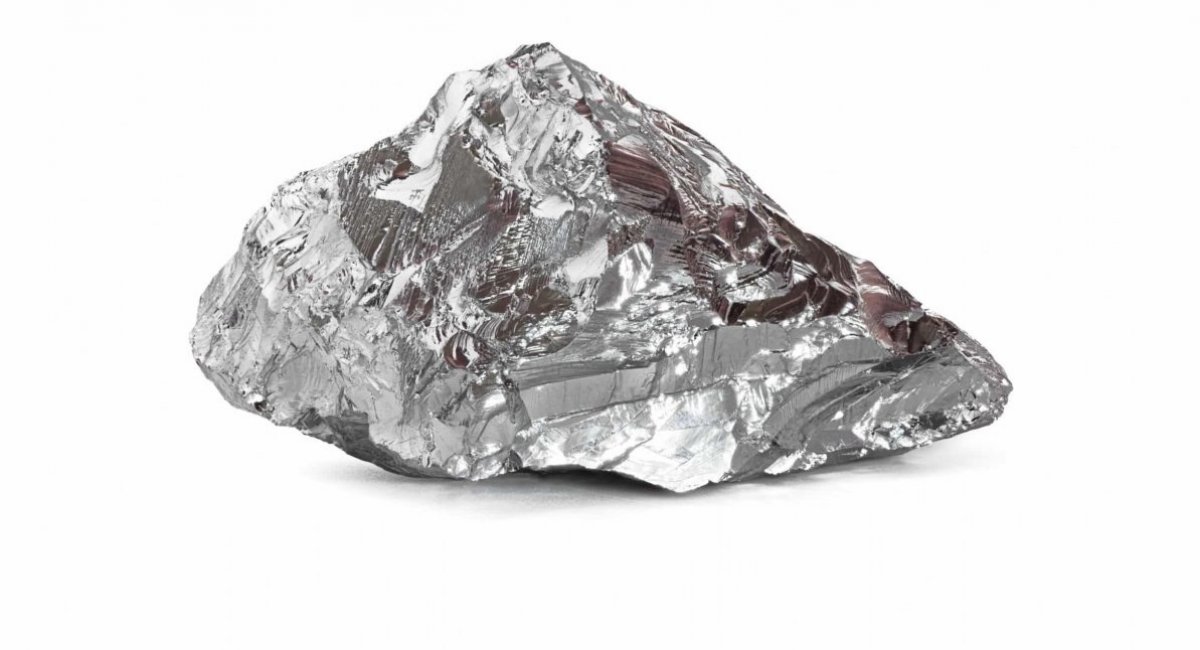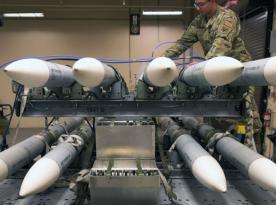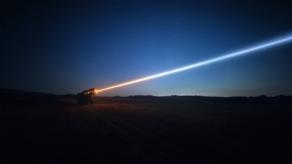On March 4, the administration of Donald Trump imposed a 25% tariff on imports from Canada and Mexico. While the tariffs on Mexico primarily affect the agricultural sector, those on Canada directly impact the energy and industrial sectors.
Donald Trump initially threatened these tariffs in early February but delayed their implementation after Canada made certain concessions. However, these efforts were ultimately insufficient to satisfy the White House. Analysts at Defense Express had previously warned of the negative consequences such tariffs could have on the U.S. defense capabilities, particularly due to Canada’s role as a key supplier of military materials and equipment.
Read more: Ukraine Will Produce Canadian Senator Armored Vehicles Locally
A major concern lies in Canada’s production of the Stryker armored personnel carriers and its exclusive role as the supplier of propellant charges for the U.S. artillery ammunition. More critically, Canada is a leading provider of essential minerals and metals necessary for defense manufacturing. According to the Center for Strategic and International Studies, in 2023, the U.S. imported $47 billion worth of uranium, aluminum, nickel, copper, niobium, rare earth elements, and finished steel, 50% of its nickel demand was met by Canada.

The impact of these tariffs could be severe. The United States lacks domestic nickel refining plants, meaning that nickel mined in Northern Michigan is processed in Sudbury, Canada, before being re-imported for use in defense and industrial applications. Nickel is essential for producing high-strength steel alloys used in military equipment, including jet engines, ships, shells, missiles, and armor plating.

With a 25% tariff in place, Canadian nickel imports will become economically unfeasible. This situation could push the U.S. to seek alternative sources, including Indonesia, where Chinese companies dominate the nickel market. However, Defense Express suggests more concerning alternative, an increased reliance on russian nickel, a scenario that CSIS previously dismissed as unlikely.
Compounding the issue, major nickel-producing sites outside of Canada have faced difficulties in the past year. Western Australia’s nickel mine was forced to halt operations due to financial losses, and similar fate befell Koniambo Nickel SAS facility in New Caledonia.
Read more: Investigation Uncovers russia’s Tornado-S Rockets Contain Chinese, American, Swiss, and British Components














